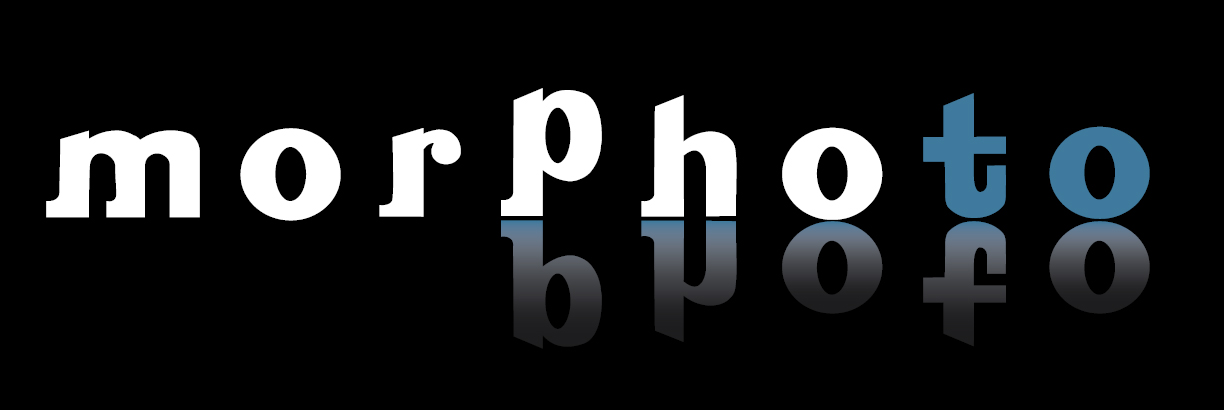Nyírő Gyula hospital department of addictology, 1994
Detox is a hospital department, where seriously drunk people are taken to sober. Patients generally spend less than 24 hours here. At arrival they are examined, washed then put into the appointed room. There are few people here in weekday mornings, but there is a ‘full house’ at weekends, holidays and at New Year’s Eve. Most of the sober patients are allowed to go home or taken to another hospital department if needed.
There were two such a department working in Budapest in the 90’s at Nyírő Gyula hospital and at Jahn Ferenc Délpesti hospital. Detox centre of the Nyírő Gyula hospital was part of the addictology department, the same doctors and nurses working at both places. The centre had two rooms, their equipments were only mattrasses coated in plastic – five in the women’s, ten in the men’s ward. These were out onto the ground covered by sheets. If there was not any patients, they were stored leant against the wall after sterilization. Both wards had one toilet that was separated from the other part of the room by a fully tiled wall. There were gratings on the windows and the doors were locked 24 hours a day.
Only the ones lagging behind and the lost arrived here, who were picked up by the emergency in case they were called by someone else. Most of them were homeless, but some patients had alcohol poisoning at a party. Nurses took the newcomer’s clothes down, which was not easy at all, because usually a huge battle was started by sufficiently aggressive patients. After the battle datas were recorded, and if the patient was not hurt, they were lead to the room, where treatment included monitoring. The underpaid nurses of the detox were looked down upon in health care – as they said. Long ago patients were put into a remote wooden house further away from the hospital with normal beds, but strong doors and locks. Walls were often messed with faeces, patients used to piss onto each other or simply fight. Detox department did not have the permission to use gastric lavage, because they had no respiratory support machine in case of complications. Sándor Funk leader clinician said once apathetically that there was a lack of legal, financial and professional conditions to run a detox properly.
In 2001 Katalin Gönczöl ombudsman reported on the conditions experienced in detoxes, in which she revealed infringements inhuman circumstances. The ombudsman added that the basic constitutional right to human dignity were broken, partly because there were no lockable, covered lavatories. According to Sándor Funk the drunk loose their human dignity before being taken to the detox. Gönczöl argued that the detox is not a psychiatric department, so patients cannot be locked. However Funk stated that the detox was an appropriate place to monitor patients, during which it was possible to exclude insanity. If not, the patient was taken to the psychiatric department, where – unlike the detox – using coercive power was not allowed. The latter contained netted beds, gratings, doors with no handles or prohibited visits.
Equipment level of the hospital rooms did not reach the lowest standards. The ombudsman report reveals that at the detox centre there was no possibbility to separate HIV affected patients or those having AIDS. Equipment to protect staff simply was not available either. As people taken to the detox are distracted they can only be informed on the treatment after they regained consciousness. To handle thwarthings revealed the Parliament commissioner of those days suggested that the legislators should guarantee patients’ basic personal rights be prevailed in this field of health care as well.


